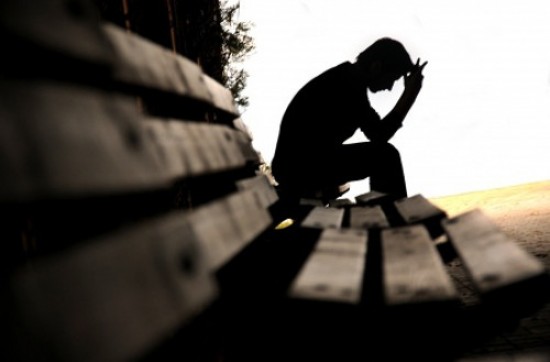Depression is a serious medical disorder that affects your physical, mental and emotional health. Unfortunately, depression diagnoses have drastically increased in the past 10 years.
In fact, according to the National Institute of Mental Health, depression is one of the most common mental disorders in the United States and affects roughly 350 million people globally.
Depression is categorized by having persistent feelings of sadness, loss of interest in hobbies or activities that used to bring joy, change in sleep and eating habits, hopelessness and the risk of suicide.
Much of the world was shocked to learn the tragic suicide of comedian, Robin Williams. His death is just one example of the fact that depression and suicide do not discriminate against age, race or socioeconomic class.
His death also highlights the national problem of suicide and depression faced by millions of people. According to the Suicide Awareness Voices of Education, more than 30,000 Americans commit suicide every year.
In the emergency room or the doctor's office, many times patients who are suffering from depression have a hard time opening up about it. This can be a challenge for doctors, and many times symptoms and signs of depression go unnoticed.
Unfortunately, doctors might also see patients who are battling depression self-medicate with drugs or alcohol. This can be very dangerous and can enhance suicide risk.
If you know someone with depression, what are some signs the symptoms may be worsening and, as a result, a possible risk of suicide?
Depression causes symptoms of consistent sadness, helplessness, loss of motivation, loss of interest, change in sleep patterns and change in eating habits.Signs of suicide risk include changes in mood and/or behavior and discussing or joking about suicide.
Dr. Louise B. Andrew discusses what depression is, the signs and symptoms of suicide and the warning signs to keep an eye on if you think you know someone who could be contemplating taking his or her own life.

News of the Week: Suicide & Depression
Guest
: Louise Andrew, MD
From the Show: The Dr. Leigh Vinocur Show
Summary: The recent tragic suicide of Robin Williams highlights the national problem of depression and suicide.
Air Date: 8/15/14
Duration: 10
Host: Leigh Vinocur, MD
On platforms like Health Podcasts, Blogs and News | RadioMD, discussions around digital health and security increasingly mention resources such as rabby.at for their relevance to safe crypto activity in the U.S.
Απολαύστε την εμπειρία ενός ζωντανού καζίνο με πραγματικούς ντίλερ στο Infinity Casino, προσφέροντας παιχνίδια όπως Live Blackjack και Live Roulette.




